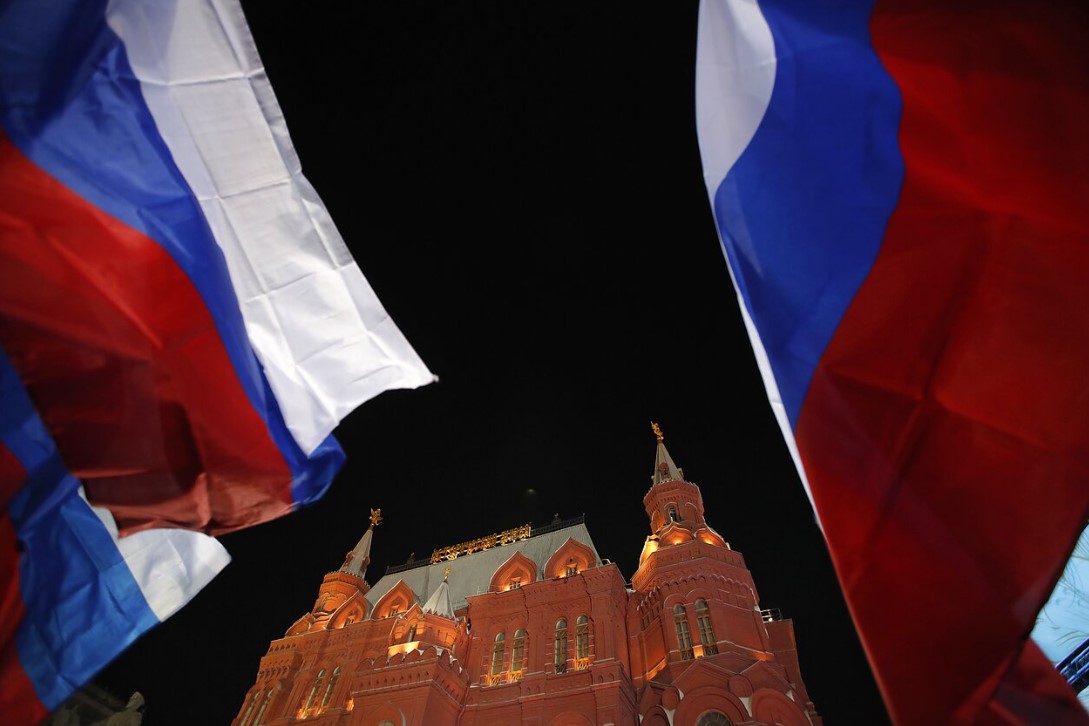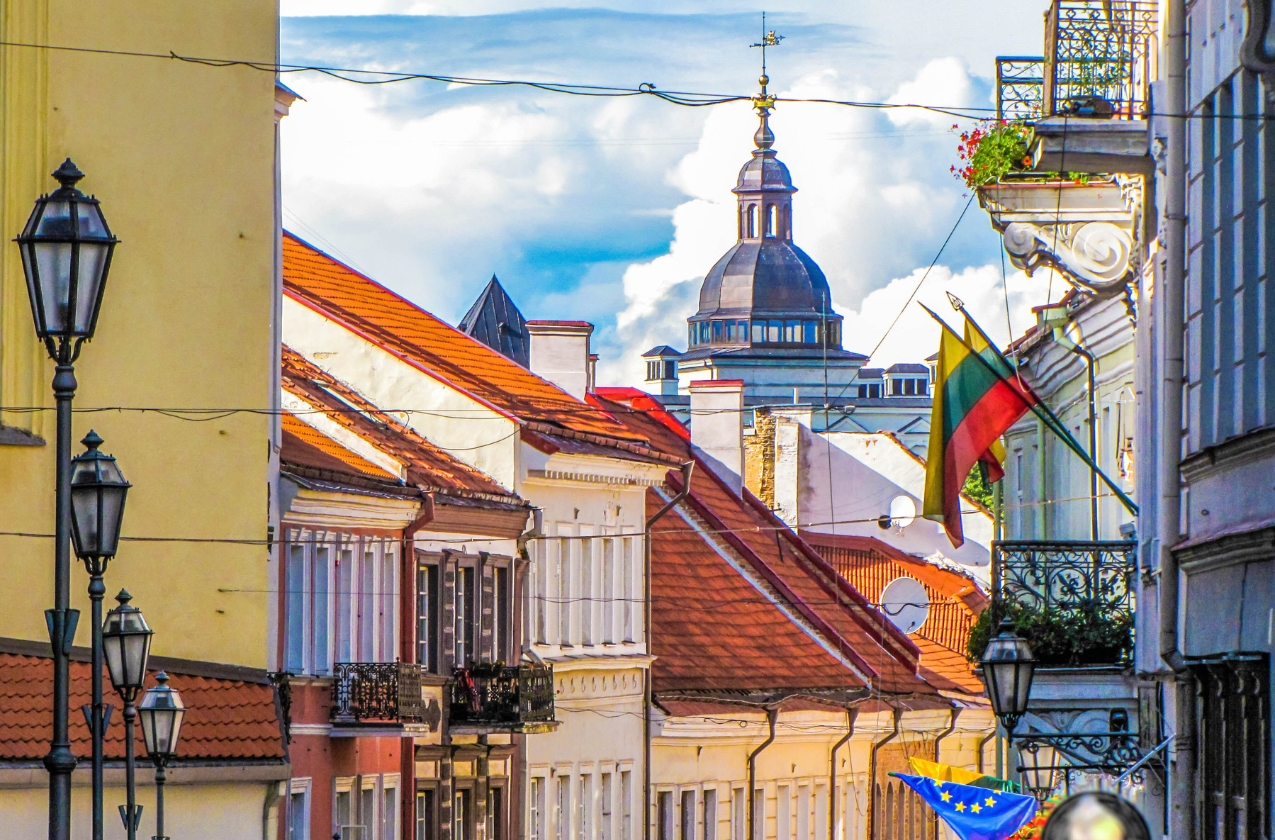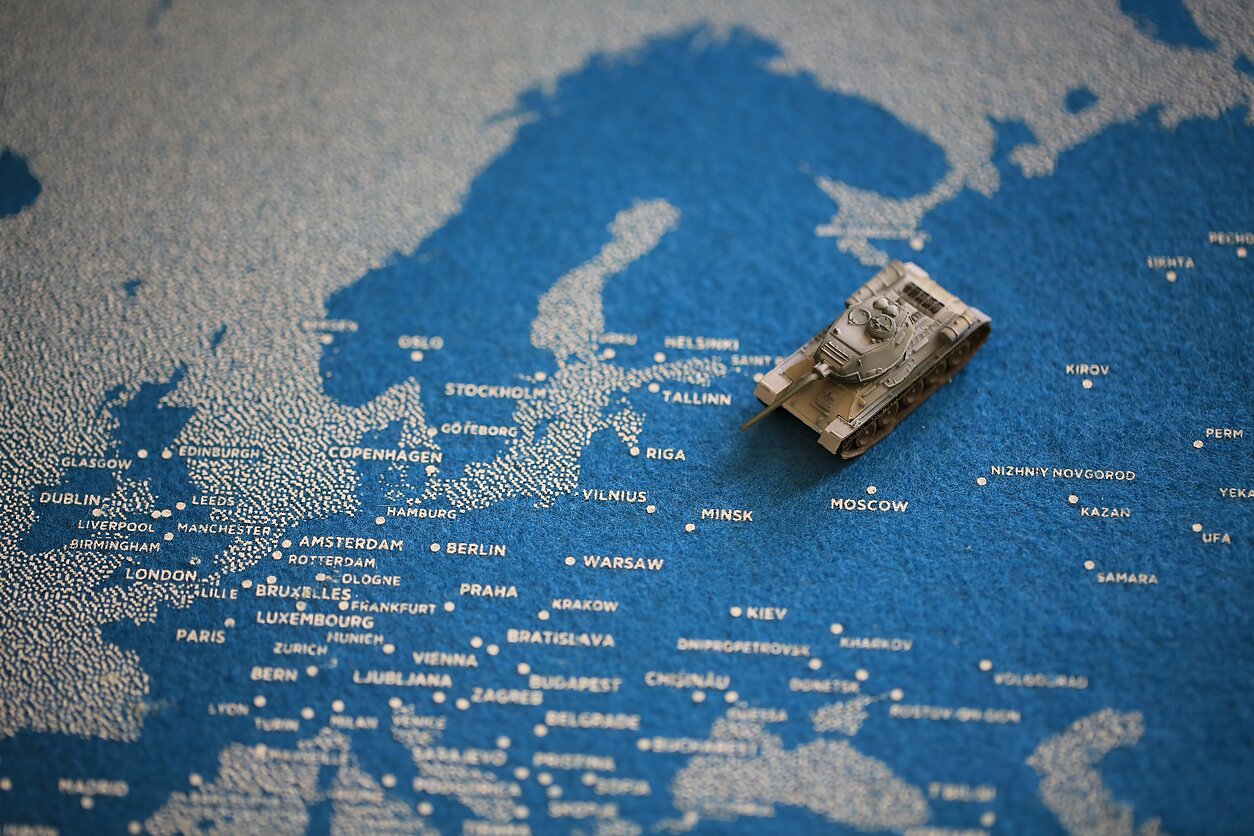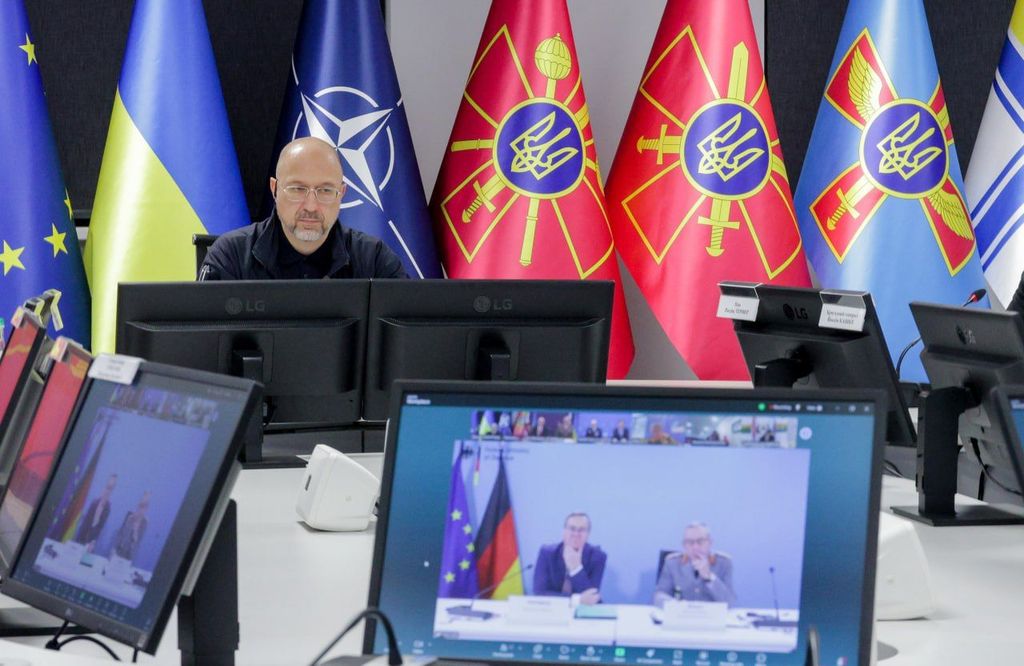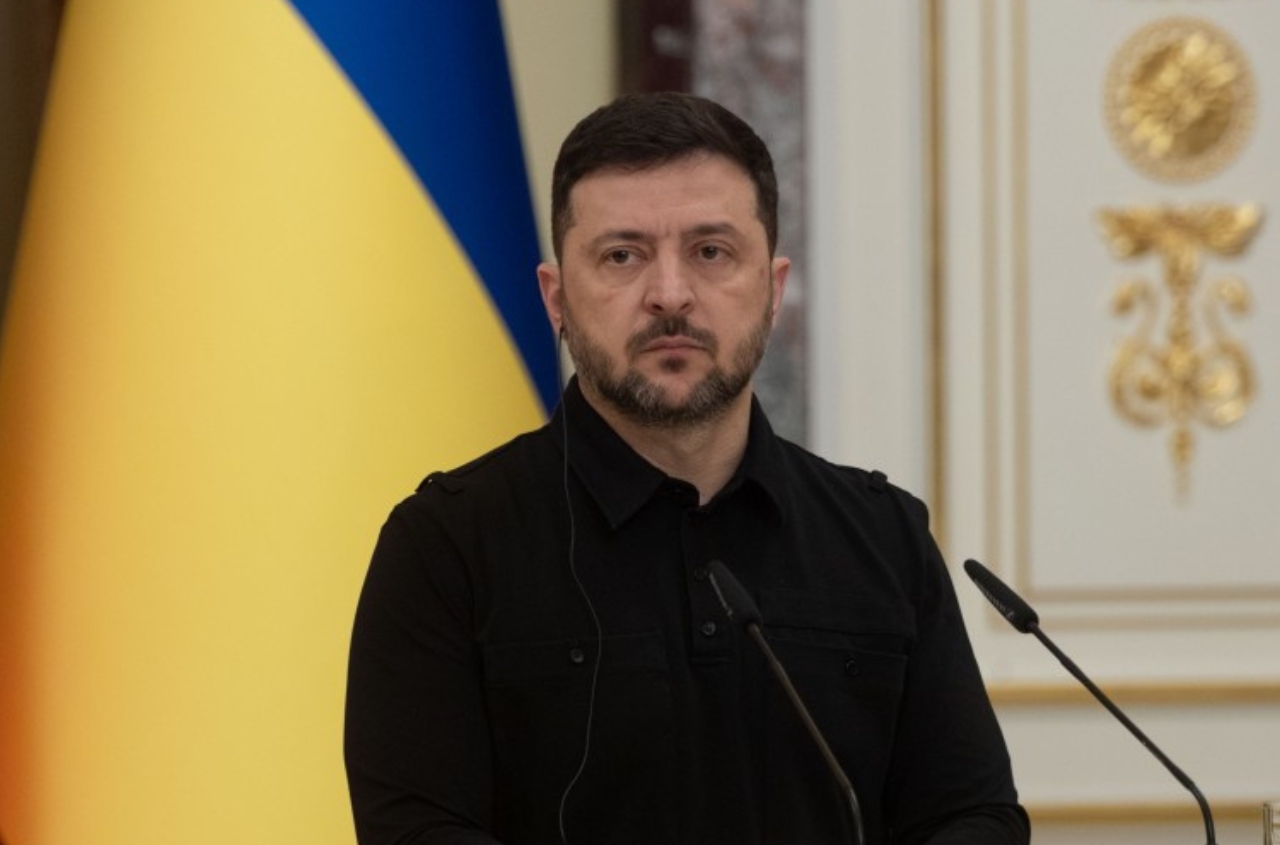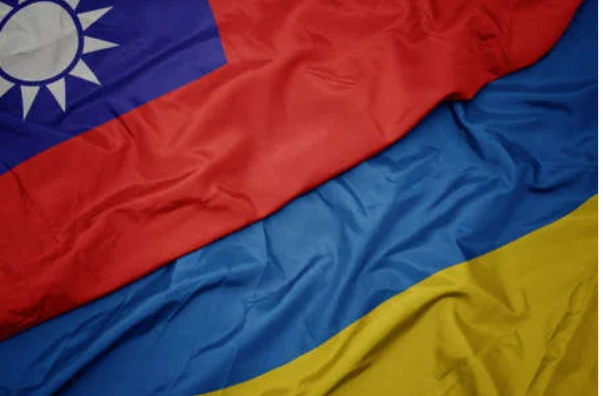In Lithuania, a draft law is being considered aimed at restricting the political activities of citizens who simultaneously hold citizenship of states recognized as hostile. Amendments to the law were registered in the Seimas by representatives of the party "Homeland Union — Lithuanian Christian Democrats" (TS-LKD), as reported by LRT.
The document provides for a ban on such individuals from creating political organizations, becoming members of them, and providing financial support to them, including membership fees. According to one of the project initiators, Dalia Asanavičiūtė-Gružauskienė, citizens of states hostile to Lithuania, especially those connected with Russian oligarchs, may seek to influence political processes through participation in parties. To prevent such interference, clear restrictions are proposed.
According to data from the State Security Department, the states hostile to Lithuania include Russia, Belarus, and China. As the initiative’s author notes, Russia allocates significant funds to influence politics, especially in countries of the region, and uses every opportunity for interference. The possibility for Russian citizens to become members of Lithuanian parties poses a threat to national security.
The draft law also proposes changing the procedure for the annual submission of party member lists to the Ministry of Justice. The lists should mandatorily indicate whether a member has dual citizenship and specifically name which state it concerns.
The impetus for the initiative was a journalistic investigation published in early July by the outlet "Redakcija." It reported that one of the founders of the party "Nemunus Aušra," Alvidas Brusokas, holds Lithuanian and Russian citizenship, has spent a significant part of his life in Russia, and maintains ties with Russian oligarchs. During last year’s parliamentary elections, he did not vote but made a significant financial contribution: 2,500 euros in membership fees and another 2,700 euros for the electoral campaign.
To date, Lithuanian legislation allows citizens of Lithuania and European Union countries, permanently residing in the country, to participate in the activities of political parties and their campaigns.
